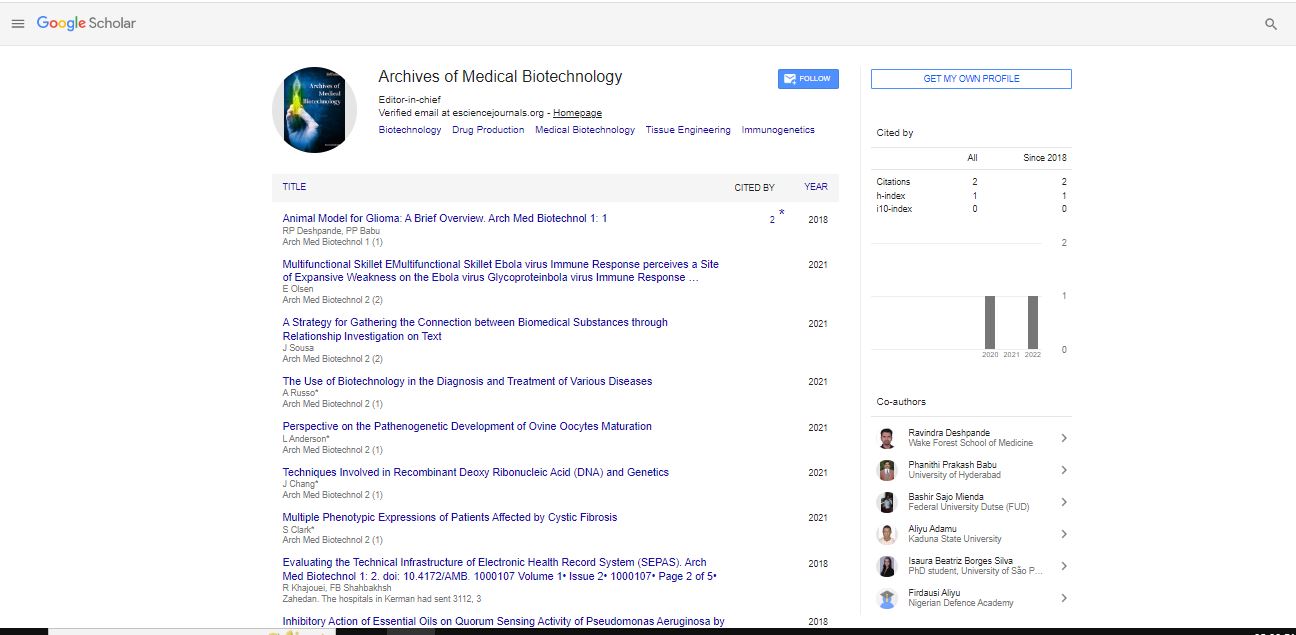Gender analysis in elderly voice signal processing
Ji Yeoun Lee, JiYun Jeong and MinSum Kim
Jungwon University, South Korea
: Arch Med Biotechnol
Abstract
The computerized smart devices with speech interface have been made actively for medical device. However, in case of most medical devices, the elderly voices have been excluded from the speech recognition and synthesis due to technology which does not take into account the elderly. Speech recognition systems have been currently used an optimized method based on the average speech pattern of young adults, middle-aged, and elderly people. If it is a little larger deviation from the standard, it may result in a phenomenon that degrades the performance of voice synthesis and recognition. The aging of the body brings morphological changes in the tissue of the vocal cords and larynx structure that is directly relevant to voice. That is, anatomy and physiological changes in the larynx and the vocal cords may change the pitch of the voice and it is measured by fundamental frequency (F0). In conclusion, elderly voice is distinguished from young adults, middle-aged voices, and etc. The analysis of the elderly voice can be the beginning of gender analysis. Gender analysis provides a basis for robust analysis of the differences between women and men, and this removes the possibility of analysis based on incorrect assumptions and stereotypes (http://genderedinnovations.stanford. edu). In this study, we introduce the analysis method of the elderly voices by means of gender analysis. Firstly, we report the sex of research subjects and the differences that exist within groups of females and males as sex analysis. We conduct the research on the elderly voice in response to gender needs as gender analysis. So the experiments are conducted by setting the elderly voice as the target, not using the voice of all ages. Finally, we confirm the standards and reference models to decrease gender and sex bias. This will be expected to help provide an easy access means of the elderly and people with disabilities who were excluded from the rapid socialization with speech.
Biography
JiYeoun Lee obtained BS in division of Electronics and Computer Engineering from Hanyang University in the year of 2001, MS and PhD in Electrical Engineering from Korea Advanced Institute of Science and Technology (KAIST) in the year of 2003 and 2008. She is now an Assistant Professor at the faculty of Biomedical Engineering, Jungwon University. Her research interest fields are Biomedical Signal Processing, Noise Reduction, Sound Localization, and Audio Signal Processing.
E-mail: jylee@jwu.ac.kr
 Spanish
Spanish  Chinese
Chinese  Russian
Russian  German
German  French
French  Japanese
Japanese  Portuguese
Portuguese  Hindi
Hindi 